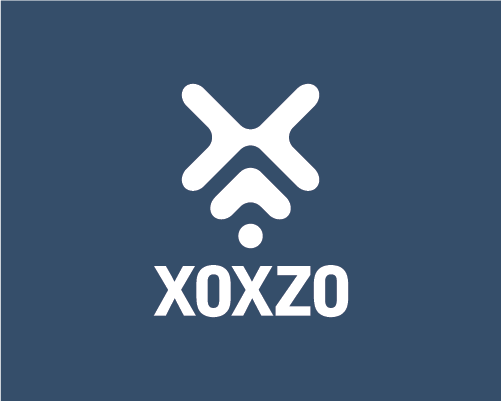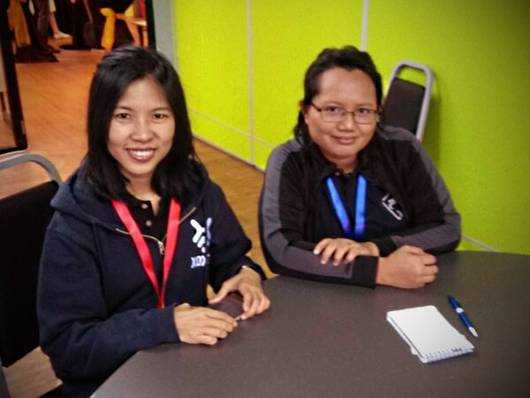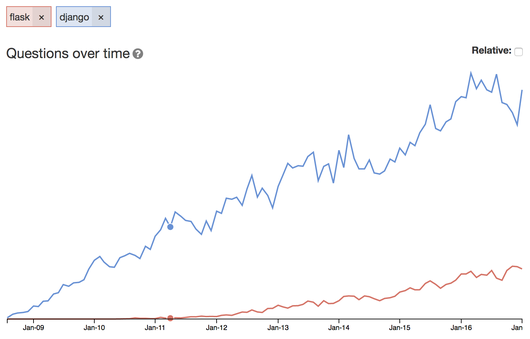It not really obvious in the documentation how we should proceed. I try to make as little changes as possible to code. The following is a sample function that we need to port to class based views.
from django.views.generic import list_detail
def supported_sending_networks(request, page=1):
from django.core.paginator import Paginator, InvalidPage, EmptyPage
_TEMPLATE_PATH = "faq/list_sending_networks.html"
network_list = EZSPossibleSendNetwork.objects.all()
paginator = Paginator(network_list, 15)
return list_detail.object_list(
request,
queryset=network_list,
paginate_by=15,
page=page,
template_name=_TEMPLATE_PATH,
template_object_name='networks',
)
The new equivalent class based views for this is
django.views.generic.list.ListView. My first attempt after looking at
the documentation:-
def def supported_sending_networks(request, page=1):
class SupportedSendingNetworkView(ListView):
queryset = EZSPossibleSendNetwork.objects.all()
paginate_by = 15
context_object_name = 'networks_list'
template_name = "faq/list_sending_networks.html"
return SupportedSendingNetworkView.as_view()
but I got error related to something 'function object not iterable ...'. Look like the as_view() function call actually return a function object rather than a response. Looking around I'm supposed to alias the class with the function name.
class SupportedSendingNetworkView(ListView):
queryset = EZSPossibleSendNetwork.objects.all()
paginate_by = 15
context_object_name = 'networks_list'
template_name = "faq/list_sending_networks.html"
supported_sending_networks = SupportedSendingNetworkView.as_view()
Make sense since now supported_sending_networks would simply be a
plain function. While the views now work, there's still no pager. Turn
out that now Django only expect the page parameter for the pager to
work in either two ways only:-
- Specified as parameter in the urlconf.
- As query string parameter.
This mean I have to modify my urls.py definition. Once that defined, I need to pass the page value as a context object by overriding the get_context_data() method.
class SupportedSendingNetworkView(ListView):
queryset = EZSPossibleSendNetwork.objects.all()
paginate_by = 15
context_object_name = 'networks_list'
template_name = "faq/list_sending_networks.html"
def get_context_data(self, **kwargs):
context = super(SupportedSendingNetworkView, self).get_context_data(**kwargs)
try:
context['page'] = int(self.args[0])
except (IndexError, ValueError):
context['page'] = 1
return context
All parameters to the views now available as self.args or
self.kwargs respectively. Some other notes, function based generic
views would be deprecated in
Django-1.5
so if you moving to Django-1.3 this a good time to start porting your
generic views usage to class based views. It also not obvious to me that
we have to call the superclass method when overriding get_context_data
method otherwise you would not have the complete context data.



